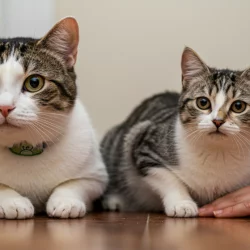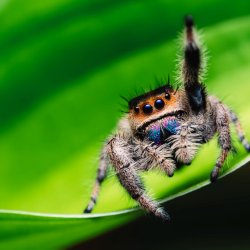Safety Considerations When Purchasing Animal Toys
In addition to adequate food and water, shelter, and lots of love, you’ll need to provide your pets with playful stimulation in order to ensure their ongoing health and happiness. A dog or cat can sit at home all day and wait for you to get home from work (they’ll probably sleep most of the time you’re gone), but once you arrive they’ll want to interact, and they’ll likely have a lot of pent-up energy to get out, as well. One good way to keep your furry friends active and ensure that they’re getting the exercise and mental stimulation they need is to purchase toys for them to play with. And while every animal comes with its own instincts, not to mention its own personal preferences for types of toys and play, you’ll also need to consider that not all toys are safe for your family pets. So here are just a few safety guidelines that could help you pick the perfect toys.
- Toxic materials. One main thing to look out for is toys that could be toxic. In most cases you can avoid the potential for poisoning of some sort by sticking to products offered by a reputable pet store, not to mention buying only toys that are meant for your species (don’t go giving your pets toys that are made for people or for display, for example). Generally speaking, these items have been tested for animal safety to ensure that none of the materials used will be toxic to your pet. Still, you might want to steer clear of plastics. And you could even look into organic options.
- Plush toys. You might be tempted to give your pets plush toys for a number of reasons. Some animals, like puppies, kittens, and other mammals use these toys for comfort, while others might use them for nesting. And breeds that like to hunt might chase or carry stuffed animals as though they were prey. The only problem is that many plush toys are all too easy for pets to disassemble, and this can lead to all manner of dangerous situations, especially if your pets swallow or inhale parts that they have torn off.
- Choking hazards. Many toys pose potential choking hazards for pets, but especially dangerous are squeakers, strings, wires, and noses, eyes, and tails on plush animals. These items may be easily removed from toys and they could become lodged in your pet’s throat.
- Germs. Regardless of the type of toys you purchase for your pet, it’s a good idea to make sure that they are washable. Plush toys might be your biggest concern, considering their potential to trap dust, bacteria, and other harmful substances. But even a rubber ball can pick up plenty of germs as you toss it around the dog park. So find out how to best clean your toys for safe usage with pets.
- Your species or breed. If you have a large breed dog, you might not want to get him toys that are meant for a smaller breed (since he could tear them to shreds where a smaller breed might not be able to). And you certainly don’t want to give cat toys to dogs, just for example. So when you look for the top toys for Christmas 2013 for your pets later this year, keep in mind that certain toys may be more suitable for your particular species or breed of pet. These are the products you should stick with.
More to Read:
Previous Posts:



